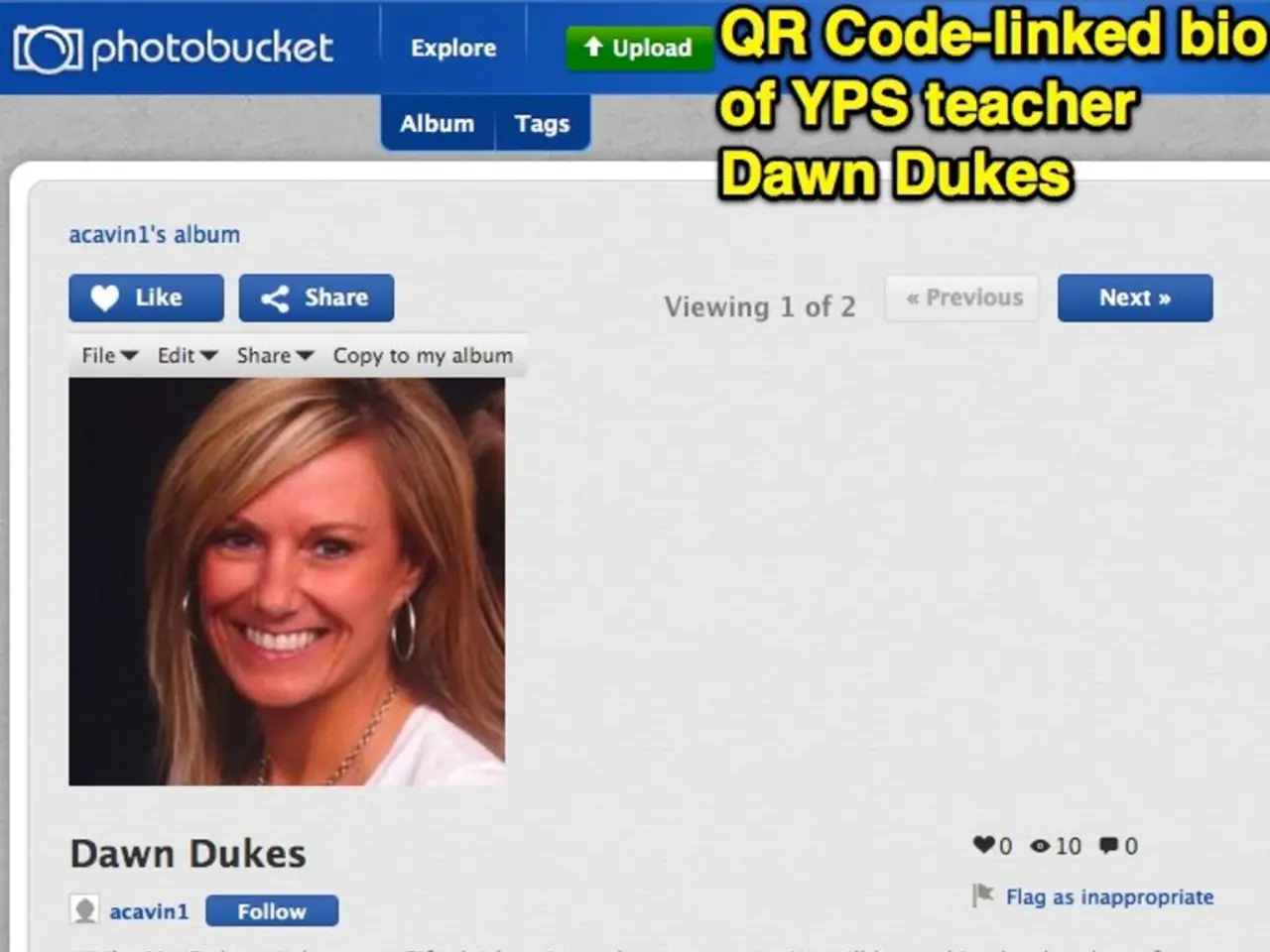Lower public faith in institutions shouldn't be linked solely to the influence of social media.
In recent times, there has been a growing debate about the impact of social media on society and its potential role in eroding trust in traditional institutions. Critics have accused social media platforms of destabilizing European democracies by advocating for censorship, which could lead to limiting freedom of speech. However, a closer look at the facts reveals a more nuanced relationship.
A study by the Reuters Institute challenges the simplistic assumption that social media use causes decreased trust in government institutions. The report suggests that trust dynamics depend heavily on broader political, social, and media environment factors. While social media can amplify misinformation, it also facilitates access to diverse viewpoints and can support trust through effective engagement and communication if managed well.
The Eurofound, an EU agency focused on improving living and working conditions, published a survey in July 2022 that reported a correlation between using social media as a news source and lower trust in established institutions, including the government. The Reuters Institute's 2022 Digital News Report further supports this observation, finding that lower trust in institutions is correlated with multiple factors which differ from country to country within Europe.
Younger people are more likely to use social media to access the news and have lower trust in established institutions, according to the Reuters Institute report. In Eastern and Southern Europe, lower trust goes along with higher perceived interference in the media by politicians and businesspeople. The connection between social media and lower trust in institutions is not as straightforward as claimed by some, according to the report.
In France, trust is correlated with economic status: economically disadvantaged groups report lower trust in traditional media than affluent groups. Social media allows individuals to share information freely and gives citizens who disagree with dominant narratives a voice.
The EU is currently facing multiple challenges, such as the war in Ukraine, a weakened Euro, the ongoing Covid-19 pandemic, conflicts over immigration, and others. Major political challenges are the most consistent one across the continent in relation to lower trust in institutions, according to the Reuters Institute report.
Governments are struggling to address these challenges, and growing distrust by the public in government institutions may be a natural reaction to uncertain times and governments' mixed track records. The study further weakens the evidence for the assumption that social media use is a primary cause of citizens' distrust in their governments.
In conclusion, while social media can contribute to decreased institutional trust when combined with misinformation and political divides, especially in Eastern Europe, the Reuters Institute emphasizes that social media itself is not the sole or direct cause of trust decline. The report highlights the importance of how social media is used and integrated into broader information ecosystems.
- The Reuters Institute's study challenges the notion that social media usage directly causes a decrease in trust towards government institutions.
- The report suggests that trust dynamics rely heavily on broader political, social, and media environment factors, not just the use of social media.
- The Eurofound's survey found a correlation between using social media as a news source and lower trust in established institutions, including the government.
- Governments are grappling with multiple challenges, and growing distrust by the public in government institutions may be a natural reaction to uncertain times and governments' mixed track records.
- The Reuters Institute emphasizes the importance of how social media is used and integrated into broader information ecosystems, not just its potential role in eroding trust.







